We may earn money or products from the companies mentioned in this post. This means if you click on the link and purchase the item, I will receive a small commission at no extra cost to you ... you're just helping re-supply our family's travel fund.
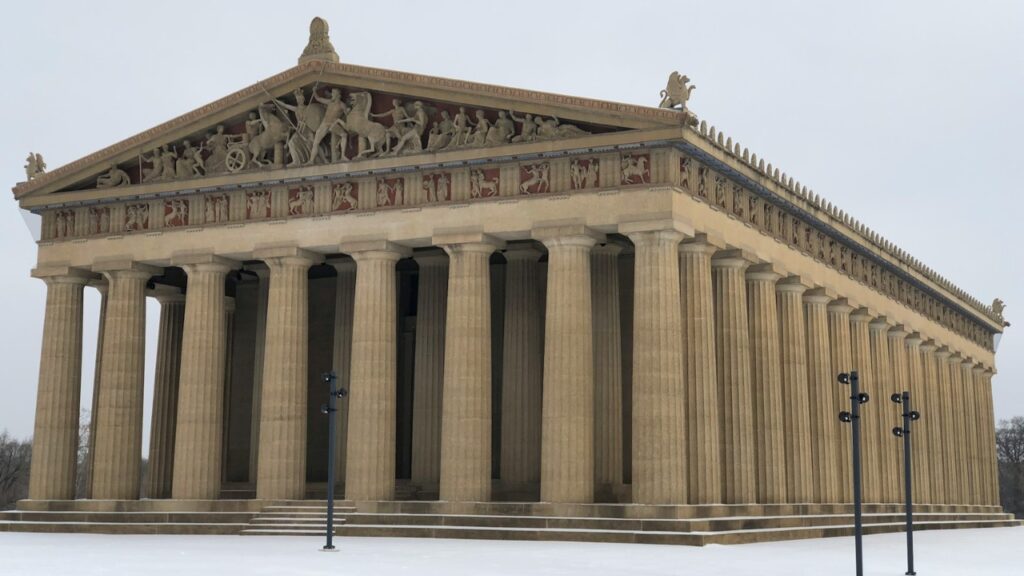
Indeed! While Greece itself holds the ancient wonders, the U.S. landscape is surprisingly rich with echoes of Greek mythology, from grand architecture to city names, offering a unique way to connect with these timeless stories without an overseas flight. Many of these sites were built during the Greek Revival movement, reflecting America’s admiration for ancient democracy and ideals. Prepare to discover a fascinating tapestry of history and legend woven right into the fabric of American geography.
1. The Parthenon, Nashville, Tennessee
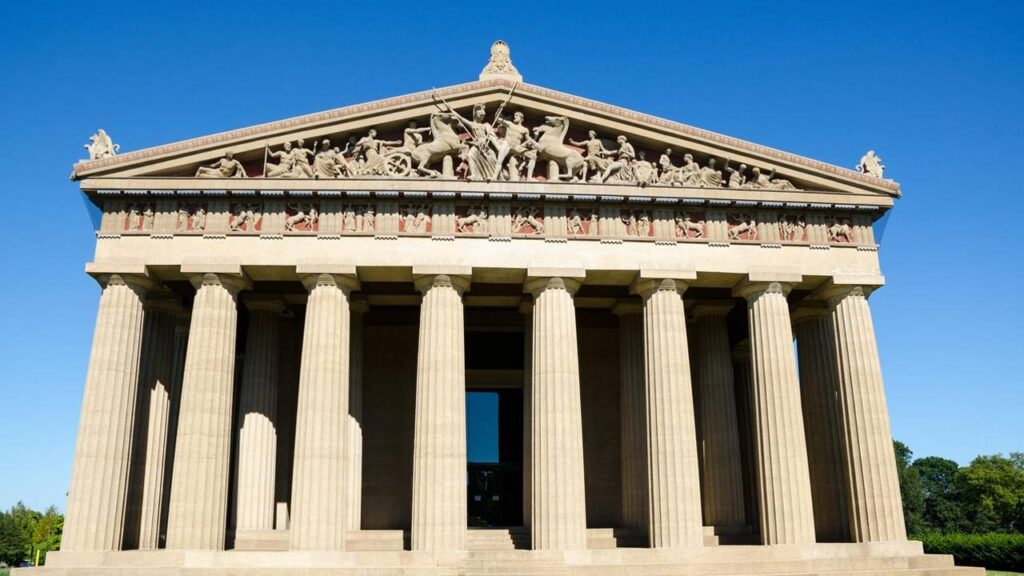
Nashville’s Parthenon is an exact, full-scale replica of the Athenian temple, built for the 1897 Centennial Exposition. It functions today as an art museum, featuring a massive 42-foot statue of Athena Parthenos, much like the original lost statue. This architectural marvel is a stunning tribute to classical Greek design, offering deep immersion into Hellenic art and history right in Tennessee. It truly embodies Nashville’s enduring nickname, “The Athens of the South,” bringing ancient grandeur vividly to life.
2. The Greek Theatre, Berkeley, California
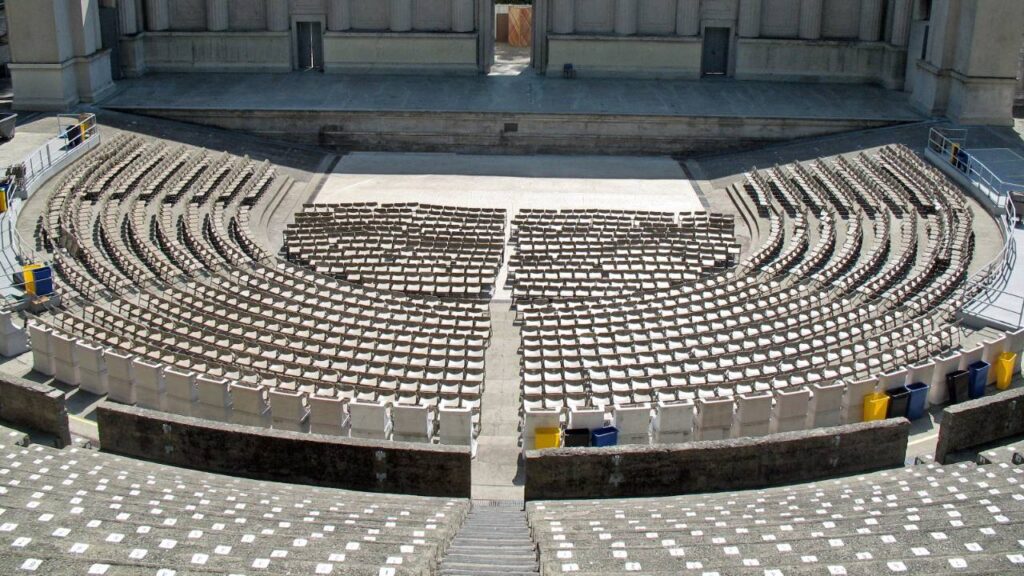
On the University of California, Berkeley campus sits the Greek Theatre, a beautiful open-air amphitheater. Modeled after the ancient Theater of Epidaurus, it offers superb acoustics and a grand classical design. Since its 1903 opening, this venue has hosted countless concerts and events. Attending a performance here genuinely transports you. It bridges modern entertainment with the architectural splendor of antiquity, allowing you to feel a tangible connection to the timeless tradition of public performance.
3. Athens Square Park, Astoria, New York
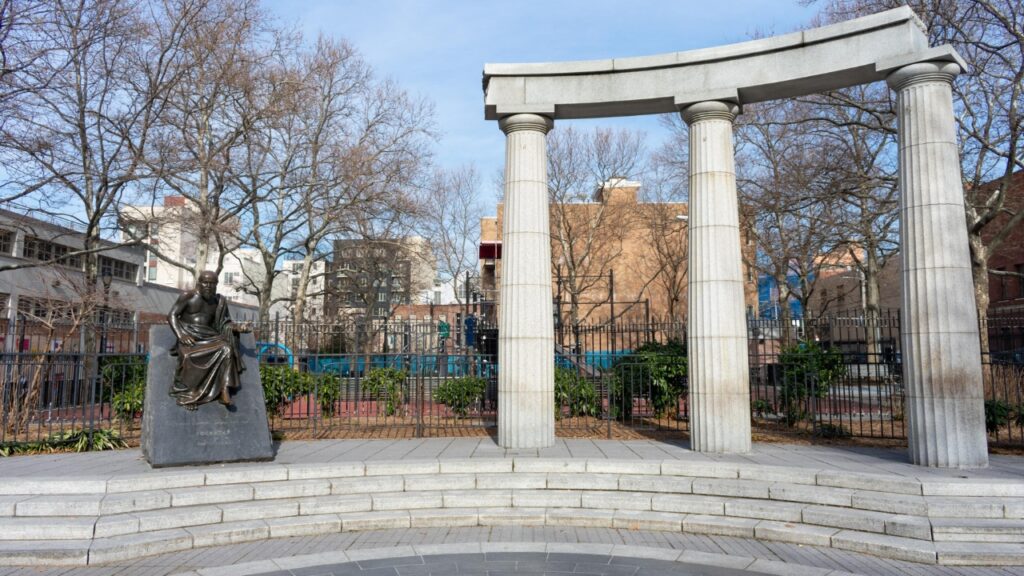
In Astoria, Queens, a vibrant Greek-American community thrives around Athens Square Park. This charming urban oasis is deeply infused with Hellenic spirit, featuring granite Doric columns, a replica of the Piraeus Athena statue—a gift from Greece—and a statue of Socrates. The park serves as a vital community hub, bringing a piece of ancient Athenian civic life directly to New York City. It stands as a clear testament to Greek culture’s enduring influence on American neighborhoods and their shared heritage.
4. National Hellenic Museum, Chicago, Illinois
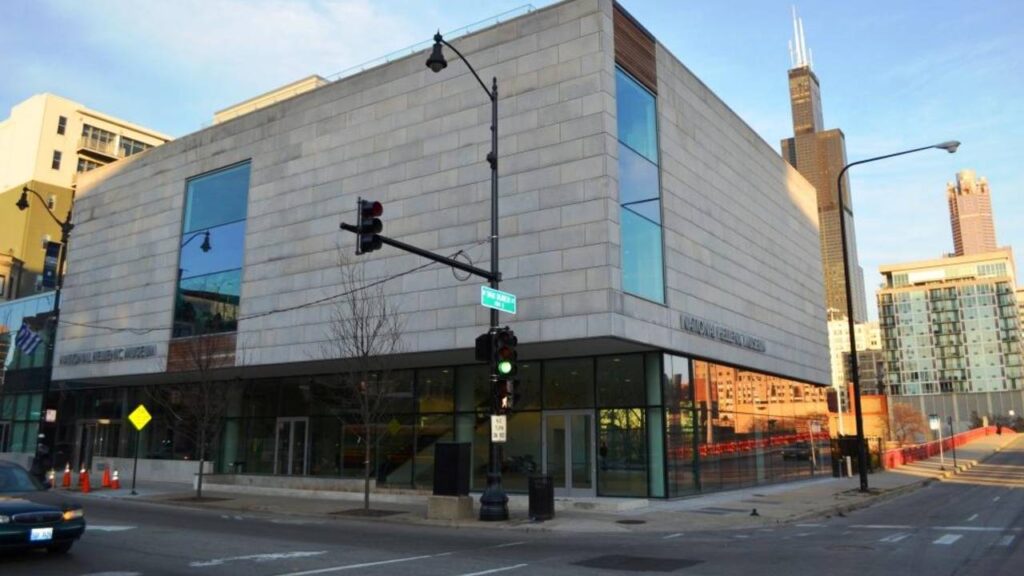
Chicago’s National Hellenic Museum is dedicated to preserving and showcasing Greek-American history and culture. It’s a treasure trove of artifacts, stories, and engaging exhibitions. While not a mythological site, the museum offers profound insights into ancient Greece’s lasting legacy and its impact on the modern world, particularly through the architectural and philosophical inspirations seen across the U.S. It powerfully connects visitors to the unbroken continuity of Hellenic heritage, spanning generations of immigrants.
5. Mount Olympus, Olympic National Park, Washington

While its name comes from Greek mythology, Mount Olympus in Washington’s Olympic National Park is a natural wonder, not a monument. As the Olympic Mountains’ highest peak, its majestic presence strongly evokes the mythical dwelling of the Olympian gods. Hiking amidst its rugged beauty, glacier-carved valleys, and ancient forests offers a visceral connection. This reminds you of the sublime power and grandeur that truly inspired ancient myths, showcasing nature’s own divine artistry in every sweeping vista.
6. Philadelphia, Pennsylvania
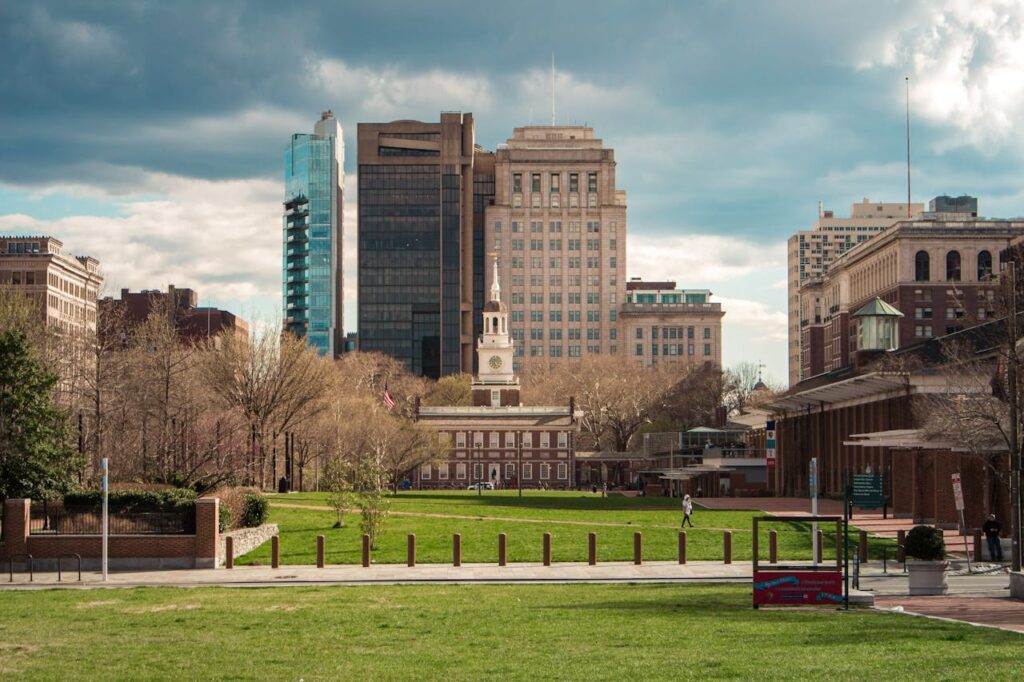
Philadelphia, known as the “City of Brotherly Love,” derives its name directly from the Greek words “philos” (love) and “adelphos” (brother). Beyond this linguistic link, the city’s rich history and many neoclassical buildings, including prominent museums and government structures, subtly echo ancient Greek architectural ideals. Exploring its historical core reveals a pervasive influence, connecting America’s birthplace to the cradle of democracy and profound philosophical thought, a connection felt in its very foundations.
7. Syracuse, New York
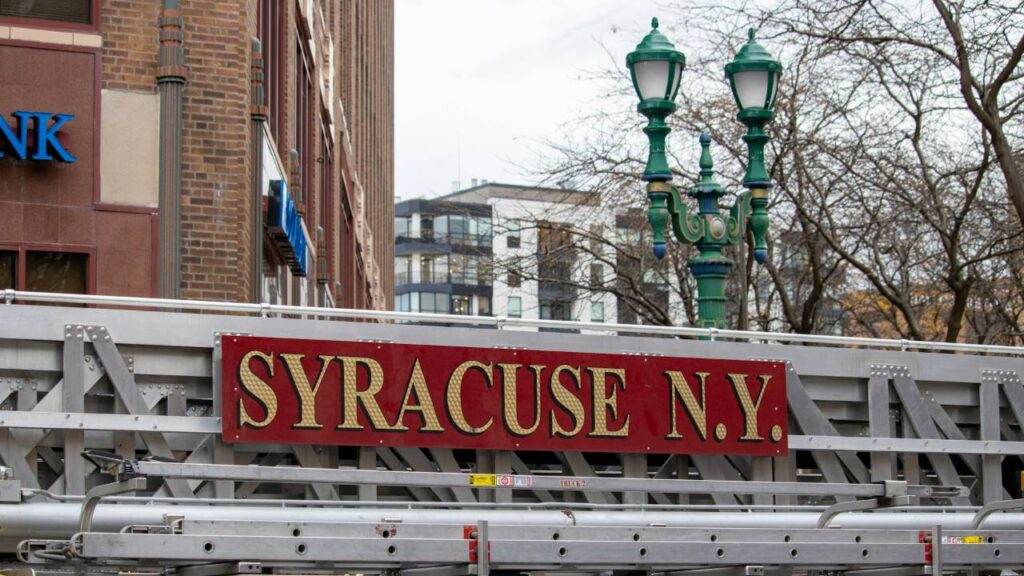
Syracuse, New York, takes its name from the ancient Greek city in Sicily, carrying a clear legacy of classical thought. The original Syracuse was famously home to Archimedes, the renowned Greek mathematician. While the New York city lacks direct mythological sites, its name itself is a powerful nod to a major center of ancient Greek intellectual life. This link highlights the foundational influence of Greek learning on early American civic aspirations and intellectual pursuits, a tribute to enduring knowledge.
8. Olympia, Washington
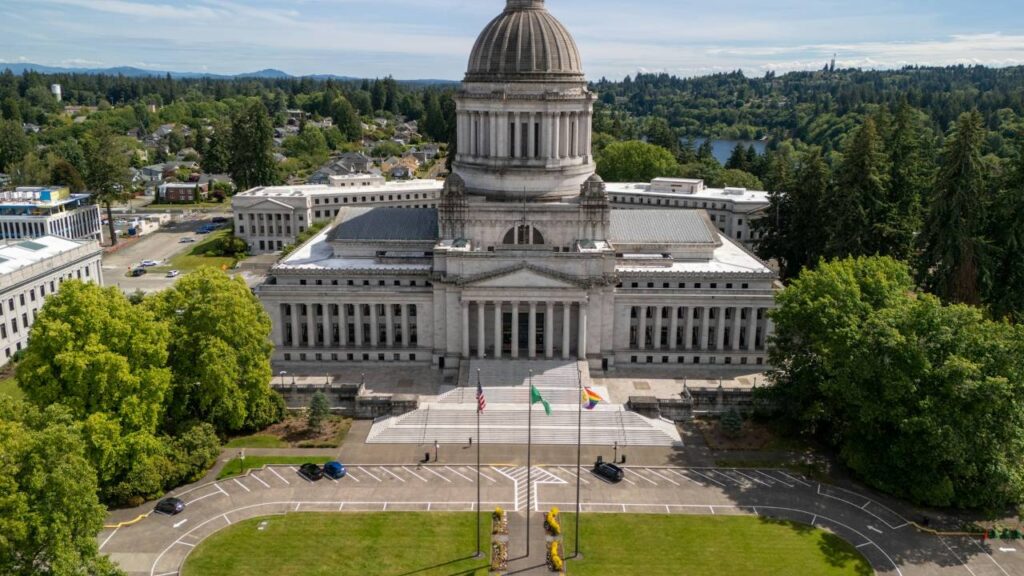
Olympia, the capital city of Washington State, draws its name directly from Mount Olympus, the mythical home of the Greek gods. Though not comparable in scale to Greece’s ancient Olympic site, the name itself evokes the spirit of the ancient Olympic Games and the profound pursuit of excellence. The city’s status as a state capital further emphasizes a clear connection to the ideals of democracy and civic life, principles deeply central to the ancient Greek city-states, echoing across continents.
9. Athens, Georgia (and other “Athens” cities)
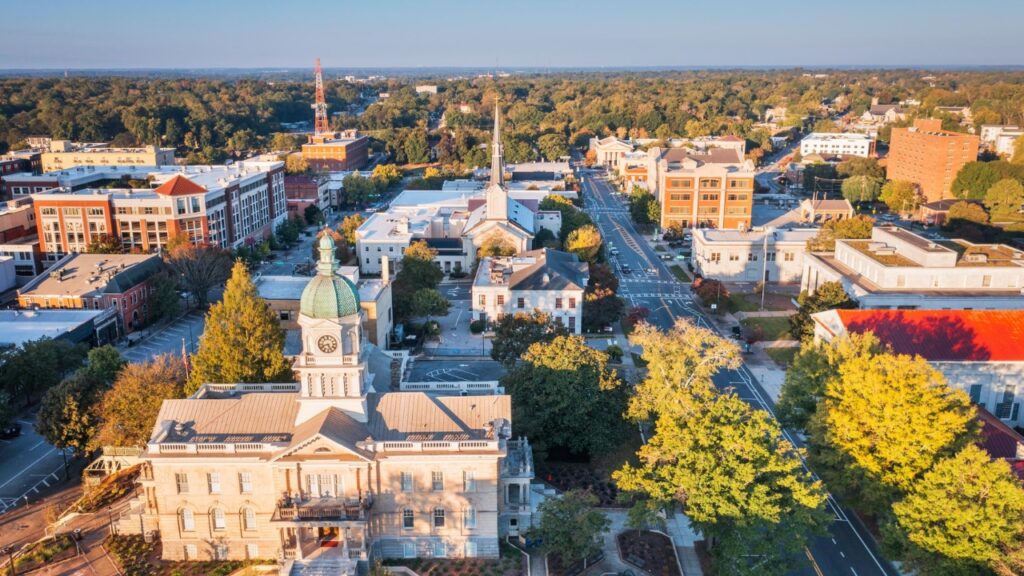
Georgia’s Athens, home to its prominent university, is just one of over two dozen U.S. cities named after the famous Greek capital. Such names were commonly chosen during the Greek Revival period, symbolizing deep admiration for Athenian democracy, philosophy, and learning. Exploring these American “Athens” towns offers a fascinating glimpse. You’ll see how profoundly Greek ideals influenced early American settlers, directly transforming nascent territories into enduring reflections of classical aspirations, building a tangible link to antiquity.
10. Troy, New York (and other “Troy” cities)
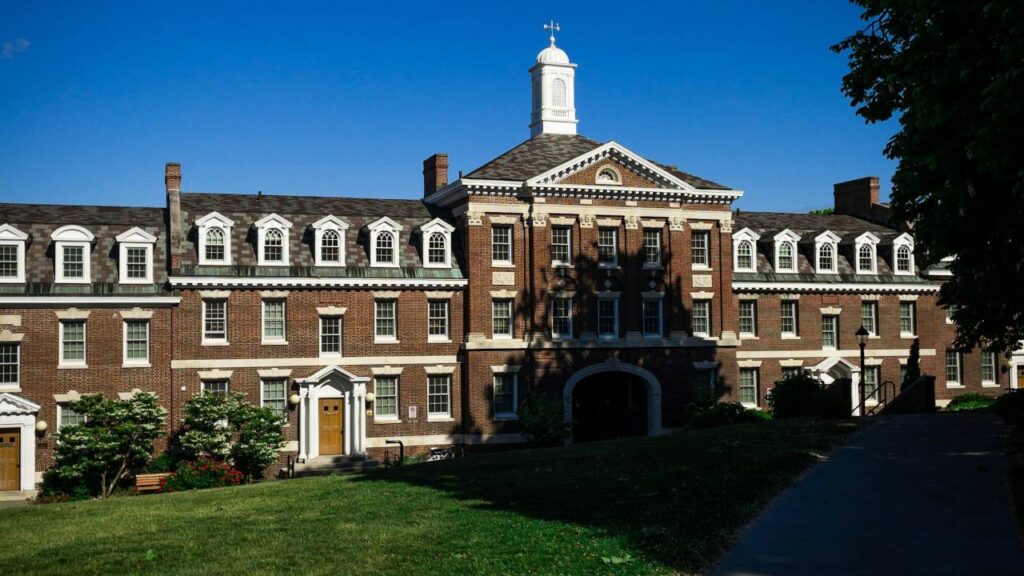
Troy, New York, like numerous other towns across the U.S. sharing its name, directly honors the legendary city from Homer’s “Iliad.” This ancient city, famed for the Trojan War and its iconic wooden horse, represents epic heroism and strategic cunning within Greek mythology. Visiting an American “Troy” provides a subtle yet powerful connection to one of Western civilization’s most enduring narratives. It invites thoughtful reflection on timeless tales of courage, conflict, and destiny, embedded in local history.
11. Ithaca, New York
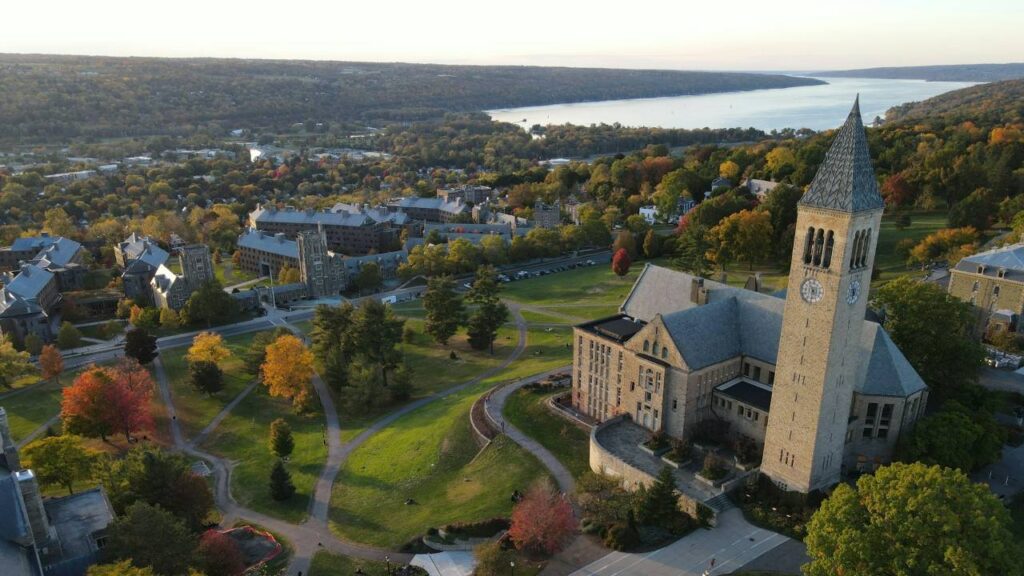
Ithaca, New York, famously takes its name from the island home of Odysseus, the resourceful hero of Homer’s “Odyssey.” This connection immediately evokes Odysseus’s epic journey of homecoming and remarkable resilience. The Finger Lakes region, home to Ithaca, widely adopted classical names in the 19th century, reflecting a deep scholarly appreciation for Greek antiquity. Exploring Ithaca truly feels like stepping into a timeless narrative of perseverance and the profound longing for home, much like its mythical namesake.
12. Atlas Peak, California

Named for Atlas, the Titan condemned to hold up the celestial heavens, California’s Atlas Peak offers a dramatic and fitting tribute. Located within the scenic Napa Valley, its imposing presence and commanding views metaphorically echo Atlas’s immense burden. Visiting this peak provides a unique moment to contemplate themes of strength and endurance. It beautifully embodies the grand scale of Greek cosmic mythology, unexpectedly set against California’s stunning and expansive natural landscape, offering a unique perspective.